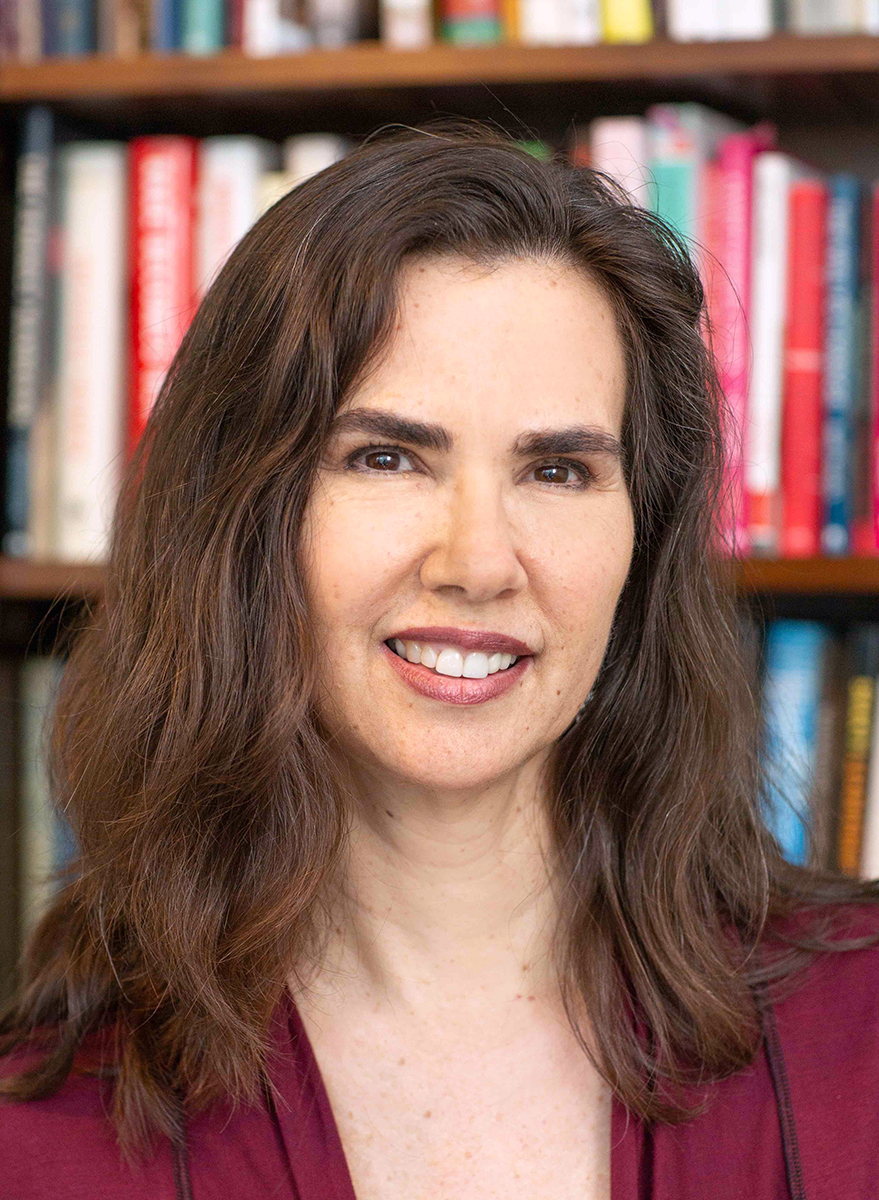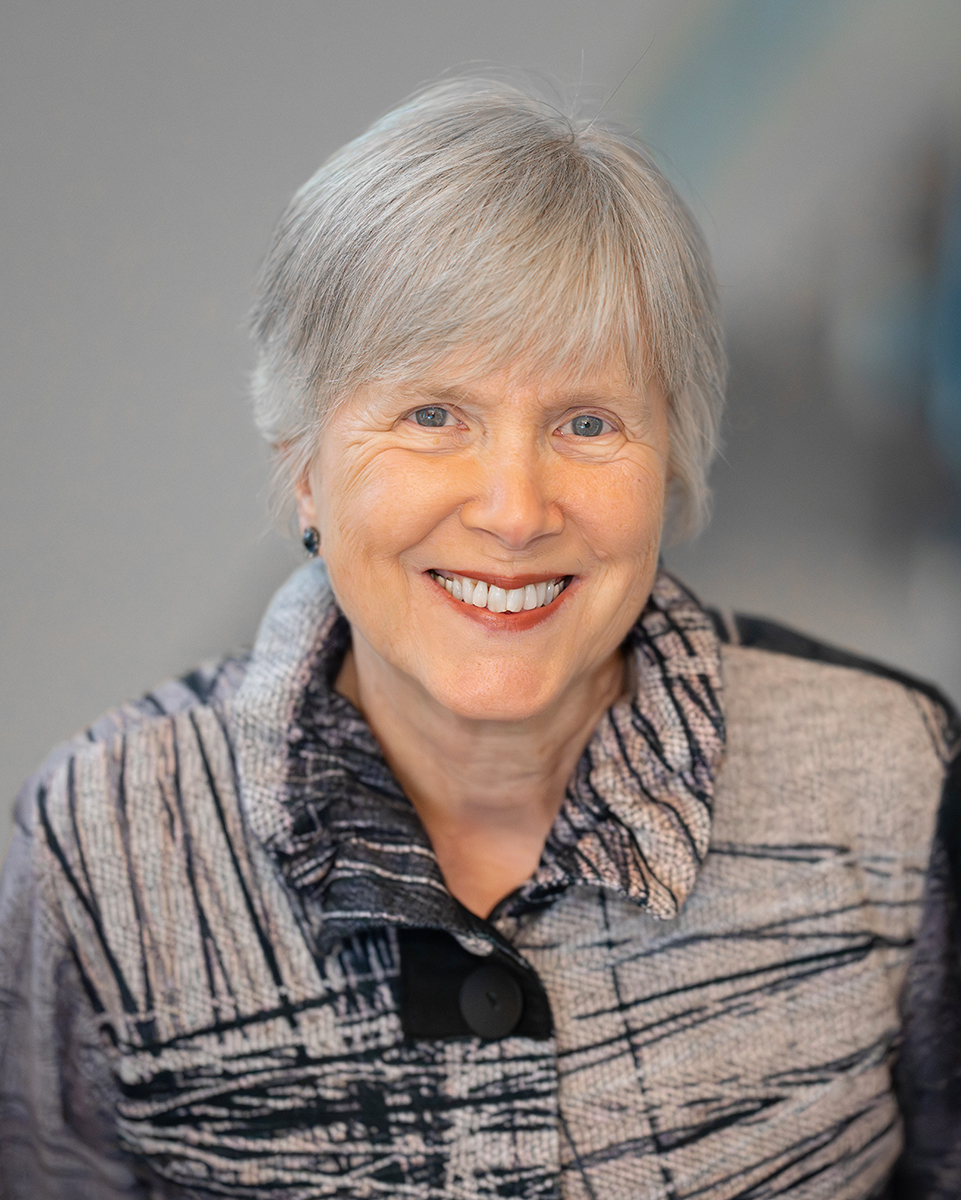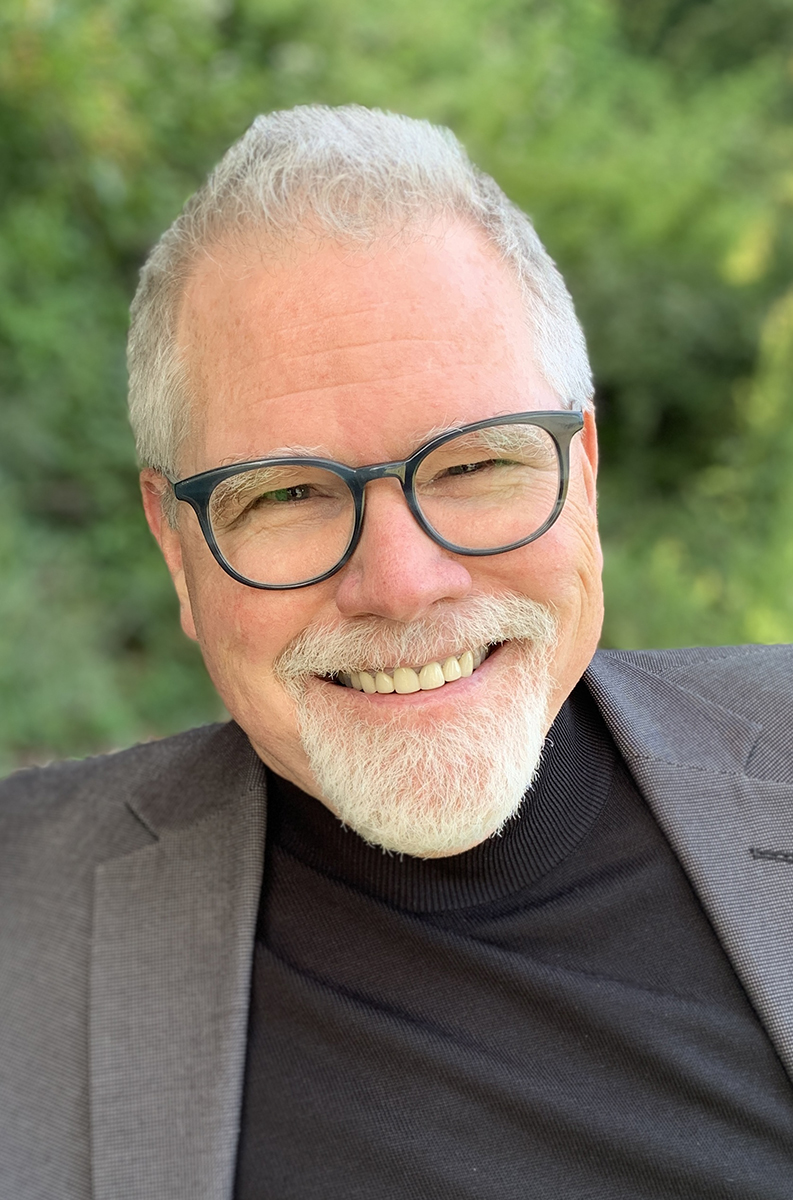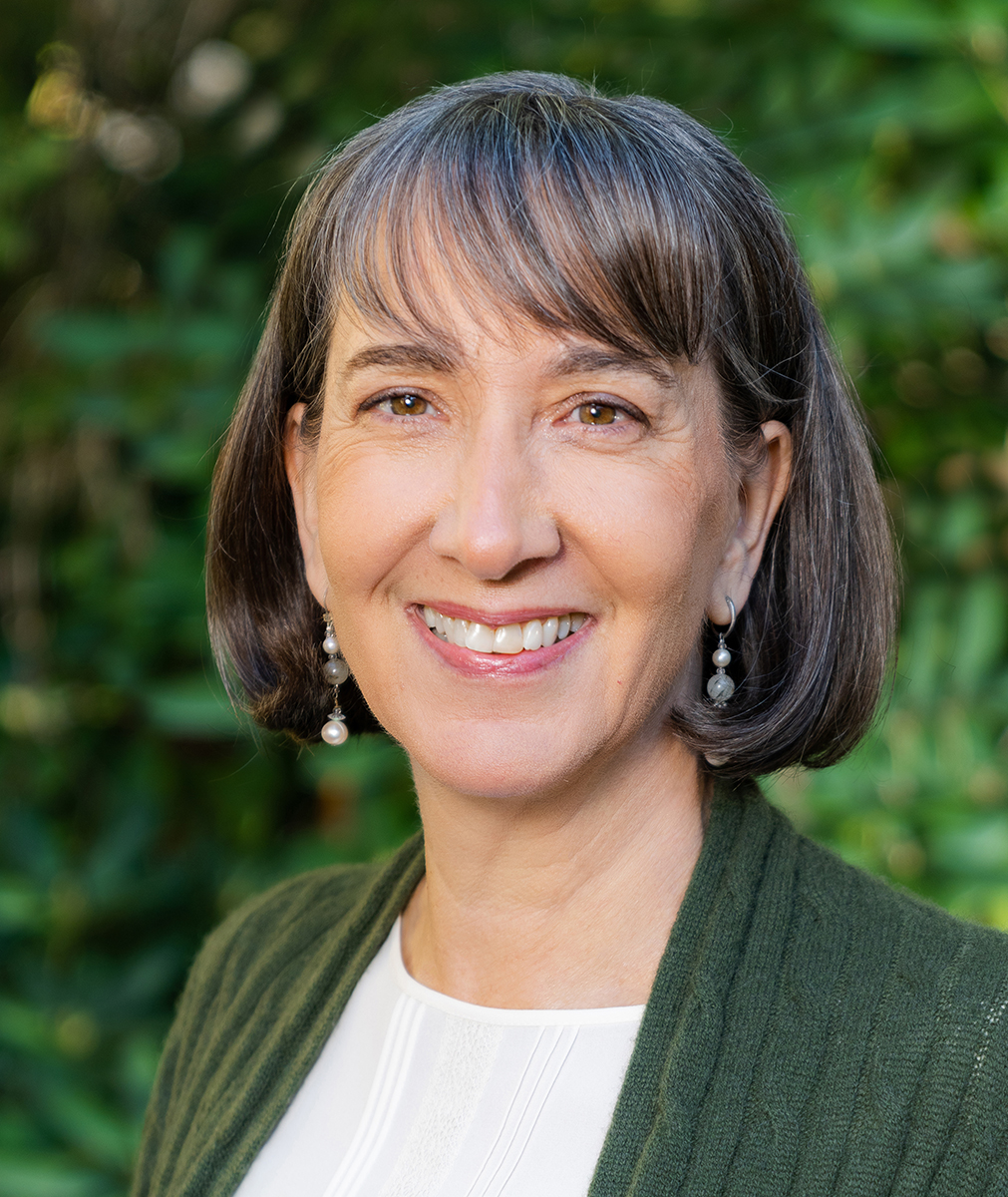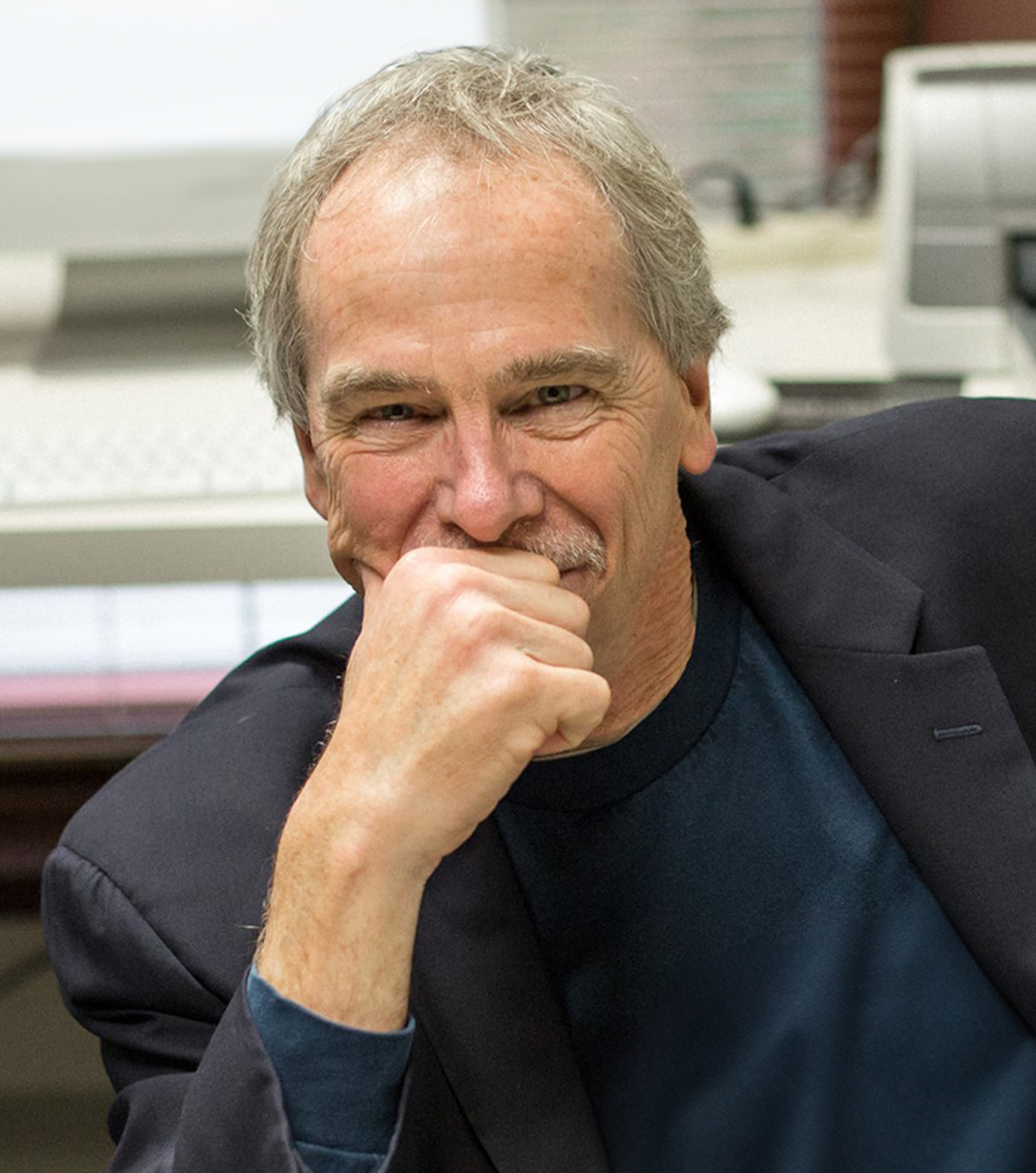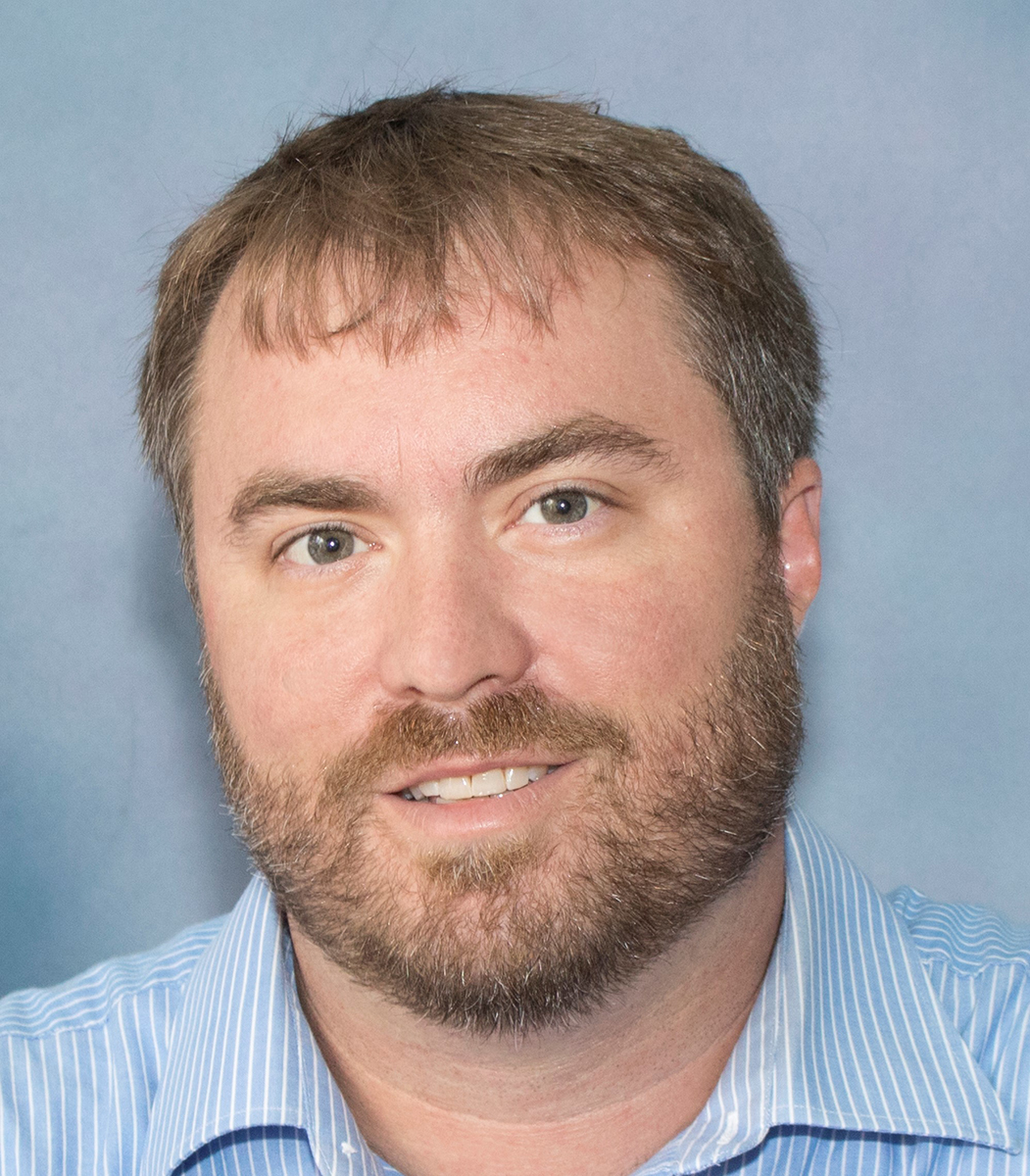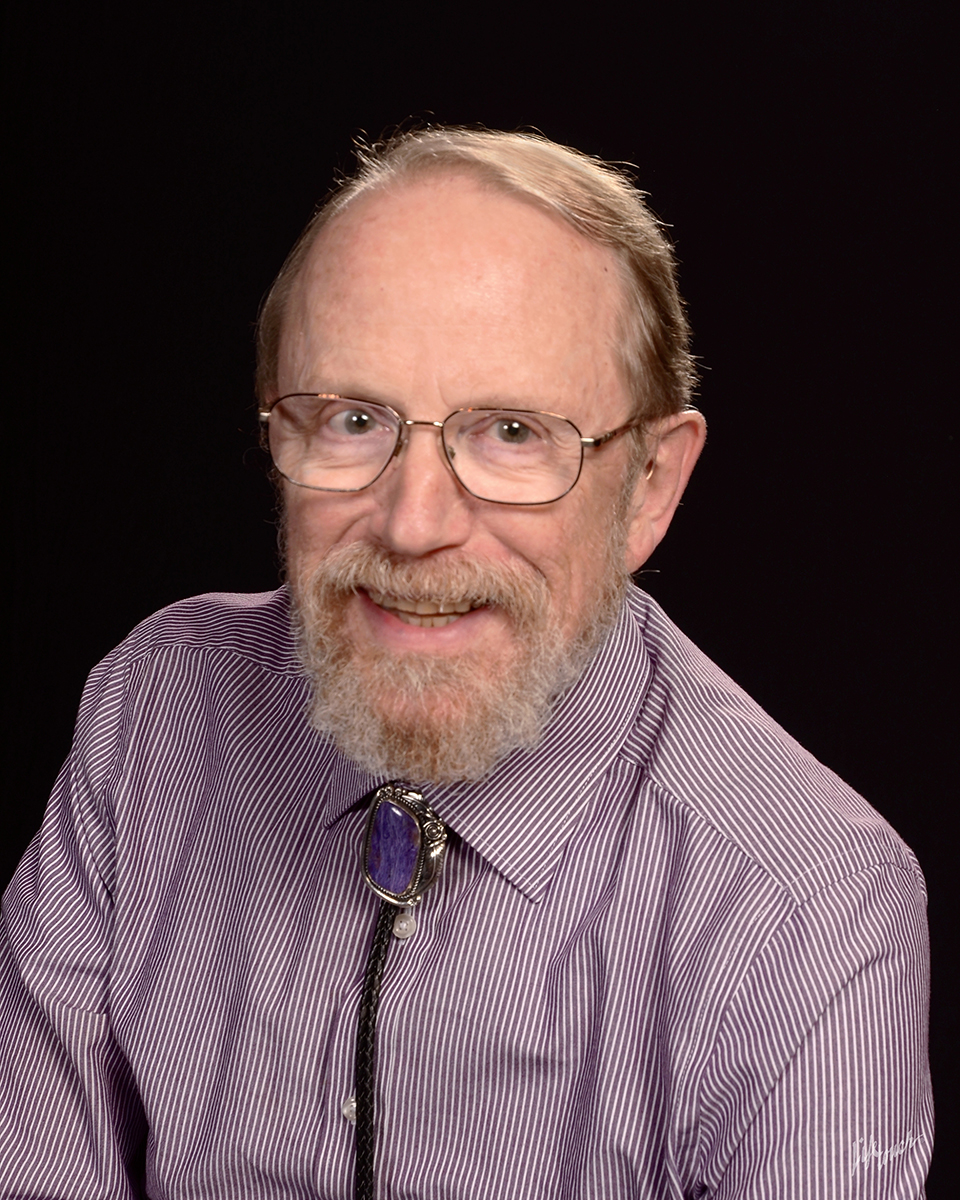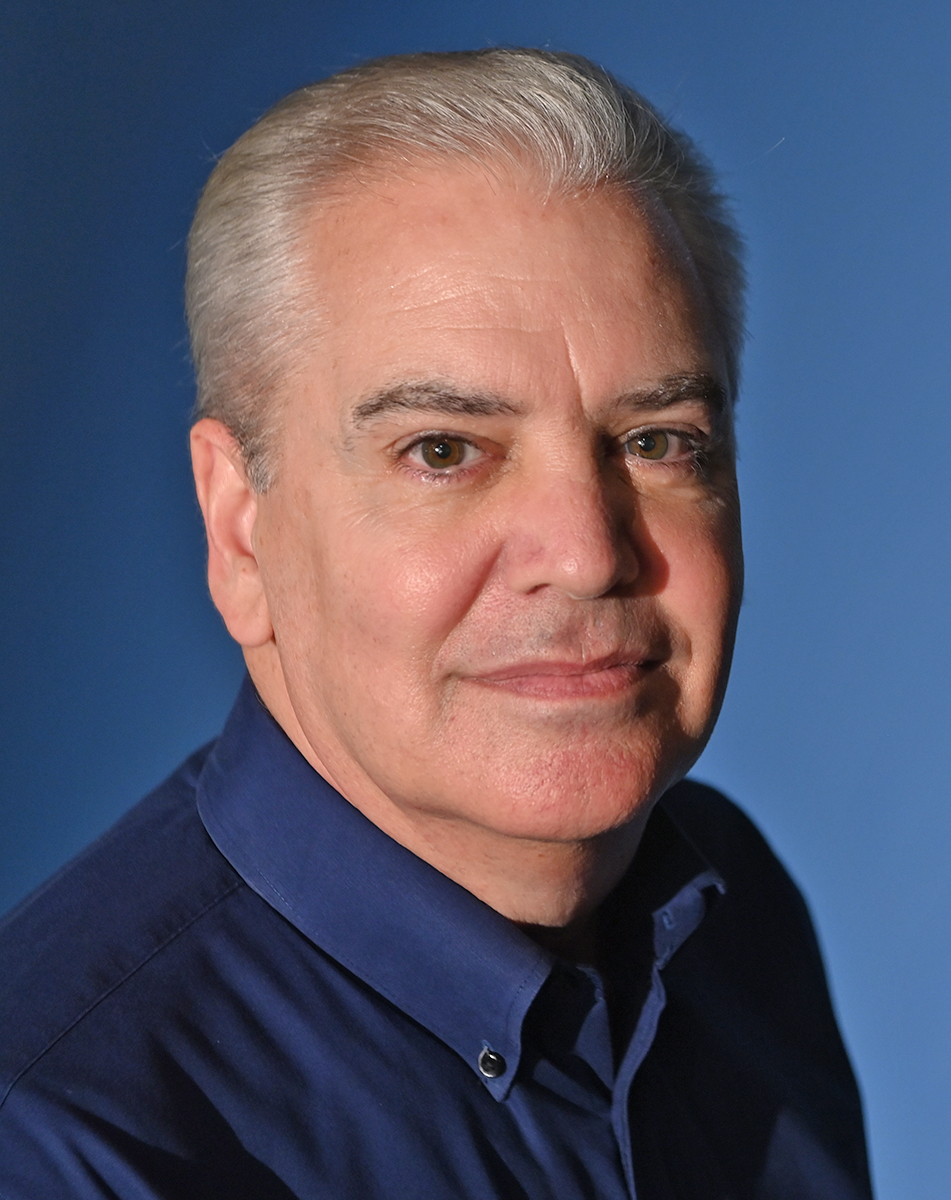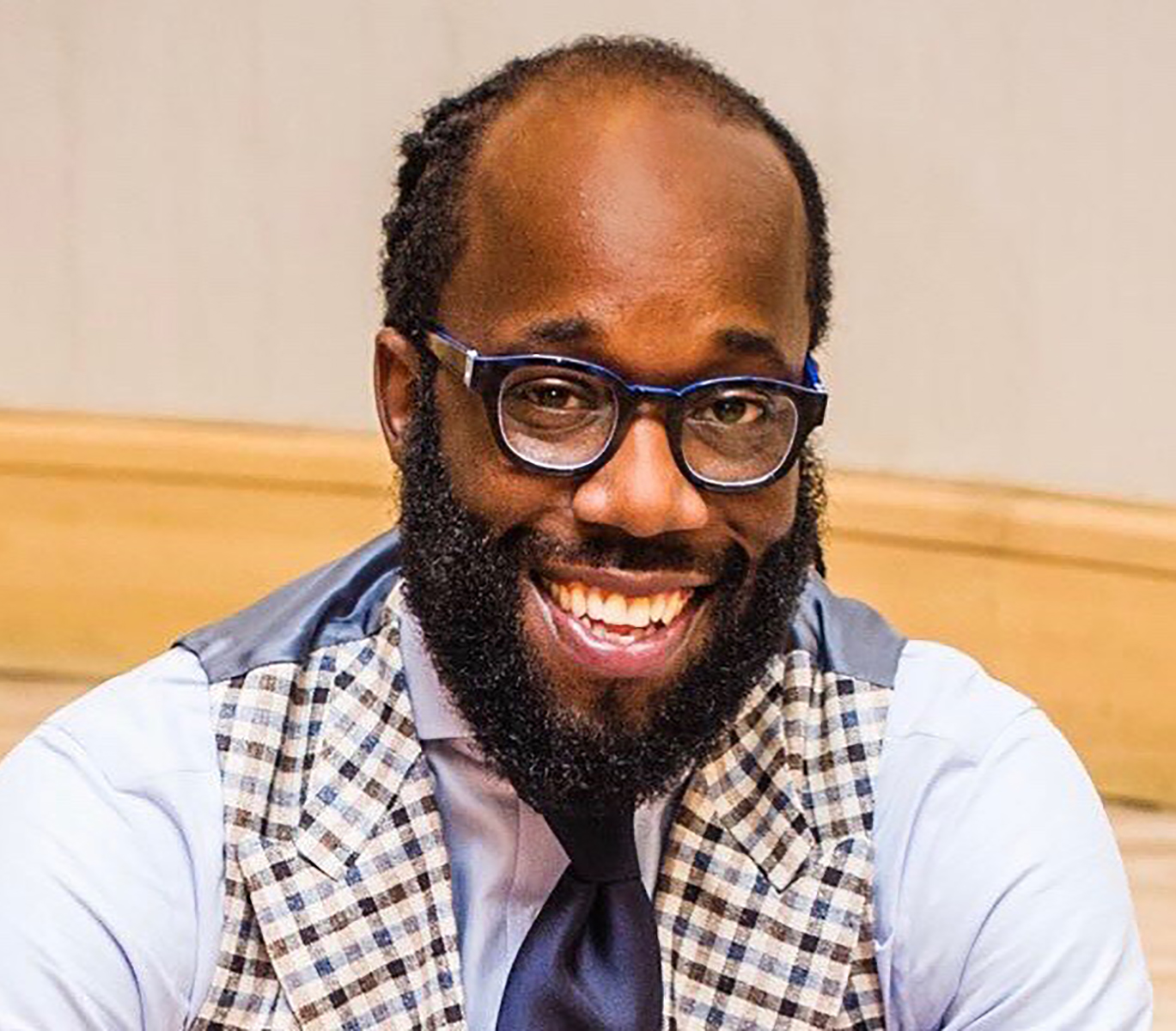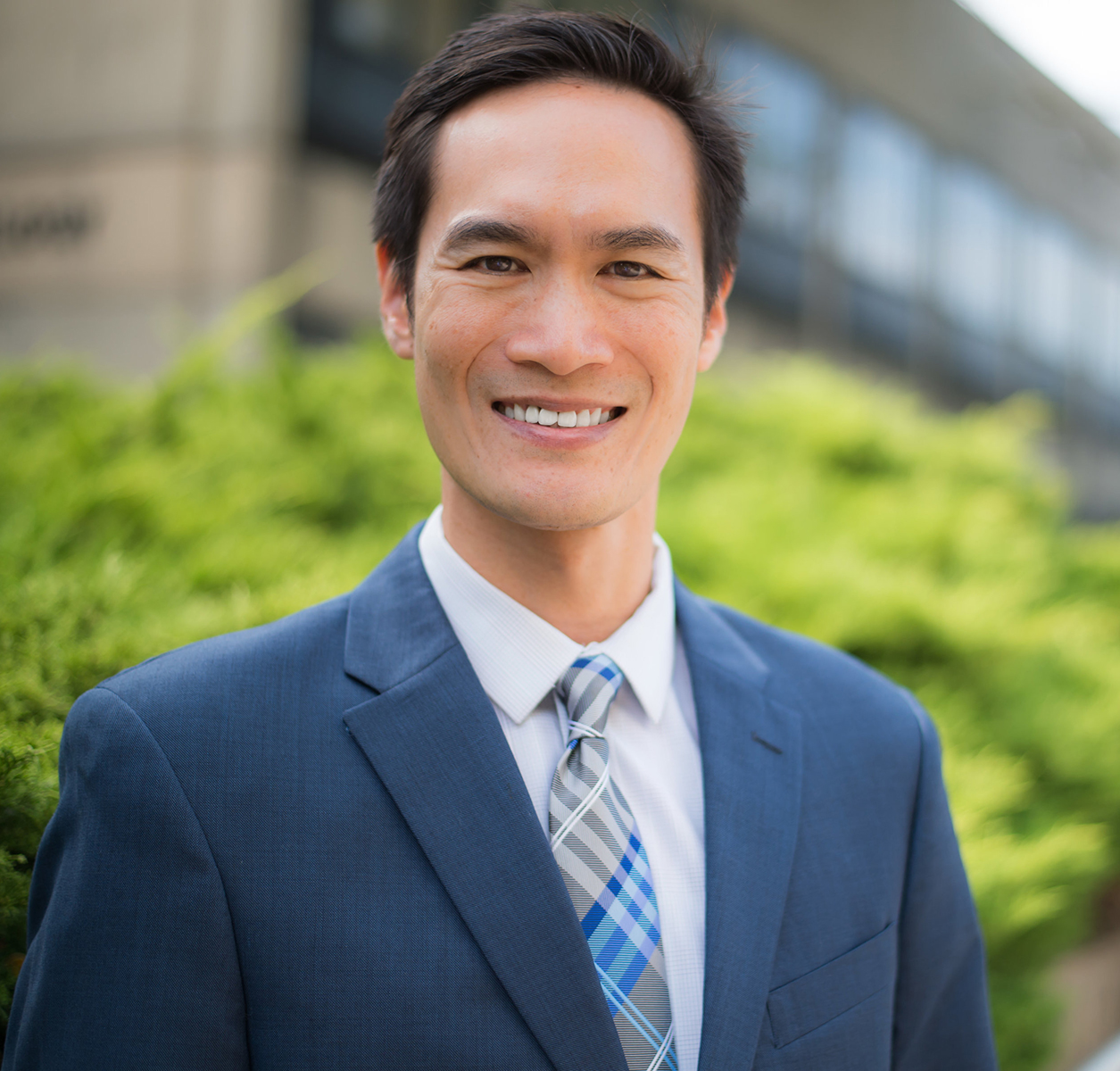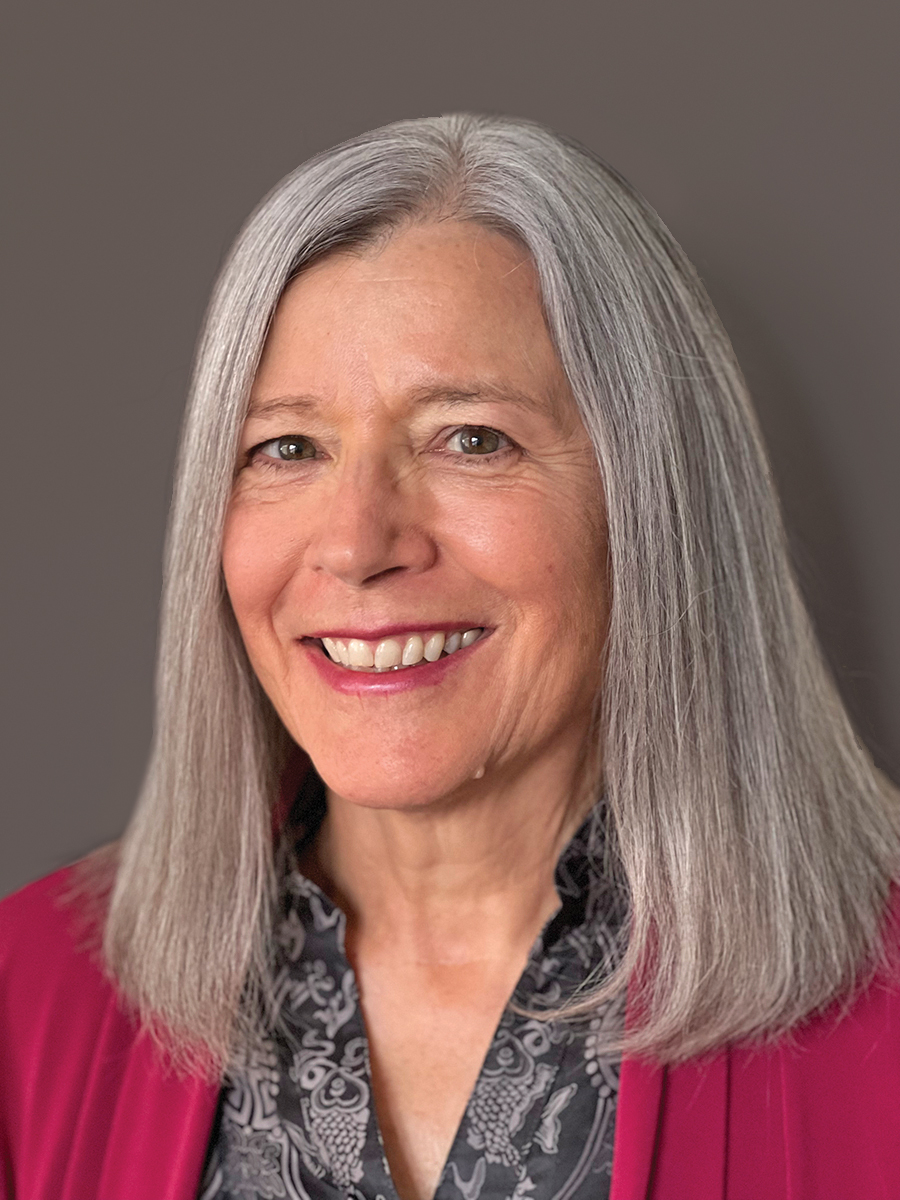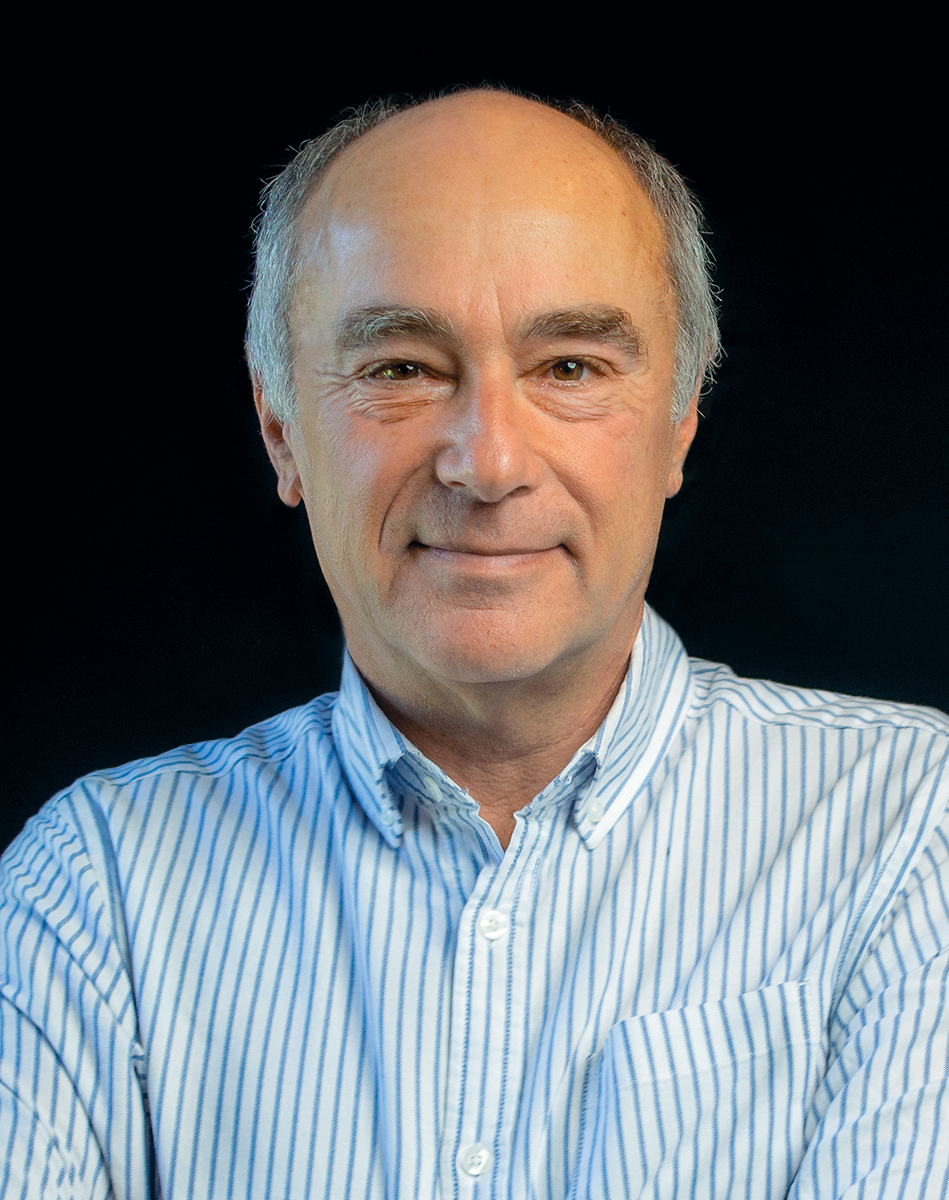Q&A with the Author
- What made you decide to write this book?
- What was the hardest part of writing it, and what was the easiest?
- What is one important lesson or message you hope readers take away from the book?
- Are there any other books that greatly influenced your writing process and/or your research?
- What led you to your specific area of study (the subject of your book)?
- Tell us one fascinating thing about this topic.
- Are there any common misconceptions about the topic?
- What advances do you hope we will see in the next 10 years?
- What made you decide to go into psychology/mindfulness?
- When you are not working, what do you do for fun?
- What is your all-time favorite book?
- Is there a project that you are excited to work on next? (A presentation, a workshop, writing another book, etc.)
Tell us more about your latest book!
What made you decide to write this book?
Chris Germer and I developed the Mindful Self-Compassion (MSC) program back in 2010 and have been improving it ever since. It is now taught all over the globe. However, many people don’t have an MSC course in their local area, or else they can’t afford it, or else they don’t have the time. We wanted to make MSC available to anyone who wanted to learn how to be more self-compassionate. So we put MSC into workbook format so that people can guide themselves through the program at their own pace. The Mindful Self-Compassion Workbook is chock full of concrete practices and exercises and is designed to put you on the road to self-compassion immediately.
What was the hardest part of writing it, and what was the easiest?
The hardest part of writing the book was making sure that people could do the practices on their own without guidance from a teacher. Giving ourselves compassion when we struggle can be a challenge, and we wanted to make sure people were equipped to do the practices safely and effectively. Luckily, because the MSC program has been refined and honed over the years, the practices themselves are pretty seamless so we didn’t have to work much on that part—it was easy!
What is one important lesson or message you hope readers take away from the book?
Our message is a simple but powerful one. Be a good and kind friend to yourself when you struggle, and you will be much better equipped to cope successfully with life’s challenges, thrive, and be happy.
Are there any other books that greatly influenced your writing process and/or your research?
I was influenced by great books such as Jon Kabat Zinn’s Full Catastrophe Living, Jack Kornfield’s A Path with Heart, and Tara Brach’s Radical Acceptance. The Mindful Way Workbook is also a great example of how to put a training program into an easy to read workbook format.
We are interested in learning more about your expertise.
What led you to your specific area of study (the subject of your book)?
I first became interested in self-compassion during my last year of graduate school at UC Berkeley when I took a meditation class. The teacher talked a lot about the importance of including ourselves in the circle of compassion. I was going through a hard time in my life, so tried being more kind and supportive to myself and was shocked at what an immediate and powerful difference it made. When I got a faculty position at the University of Texas at Austin I decided I wanted to operationally define and measure self-compassion so we could conduct research on its link to wellbeing. It quickly became my life’s work.
Tell us one fascinating thing about this topic.
What’s fascinating is the stark difference between how we treat our close friends when they struggle and how we treat ourselves. The Golden Rule says, “Do unto others as you would have them do unto you,” but please don’t do onto others as you do unto yourself because you will have no friends! We often treat ourselves more harshly and cruelly than anyone else in our lives. The good news is that most of us have learned the skill of being a caring, supportive friend to others, so once we give ourselves permission to treat ourselves the same way it’s easier than you think to be self-compassionate.
Are there any common misconceptions about the topic?
There are five main myths about self-compassion. People confuse it with self-pity. They think it’s weak. They fear it will undermine their motivation. They worry will lead to self-indulgence. And finally, they think it’s selfish. Luckily research disproves all of these misconceptions. Self-compassion leads to less self-focus not more. It’s a source of great strength and resilience. It increases our motivation by helping us to be less afraid of failure. It leads to healthier behaviors like eating right and going to the doctor because we care about ourselves. And finally, it creates more caring and intimate relationships with others. We can better meet the needs of others when we have the inner resource of self-compassion.
What advances do you hope we will see in the next 10 years?
Now a little bit about you…
What made you decide to go into psychology/mindfulness?
I got my PhD in Human Development because I was fascinated by the life of the mind, culture, and how we transcend our limitations to gain understanding of the big picture. Once I started practicing Buddist meditation during my last year of grad school, however, I knew it was my path. I did two years of postdoctoral study in the field of self-concept development because I wanted a better understanding of how our sense of self brings both joy and suffering. Once I got a faculty position, I decided to take a risk and study something that hadn’t been empirically examined before - self-compassion. The risk paid off!
When you are not working, what do you do for fun?
I like to take walks in nature, do ecstatic dance, and spend quality time with my loved ones.
What is your all-time favorite book?
That’s a tough one. I grew up with Ram Dass’s Be Here Now on my coffee table and it helped shape me, so I’ll choose that although there are many many others...
Is there a project that you are excited to work on next? (A presentation, a workshop, writing another book, etc.)
Chris Germer and I (as well as a whole team of people at the Center for Mindful Self-Compassion) are now starting to develop adaptations of MSC for particular populations - parents, children, healthcare workers, teachers, people with chronic pain, clinical disorders like depression, trauma, substance abuse, and so on. MSC is designed to be accessible to everyone, but it’s also exciting to think of how MSC might be tailored for groups of people who share a particular challenge or struggle to make it even more powerful and effective.
See all titles by and read more about Kristin Neff on her author page!
